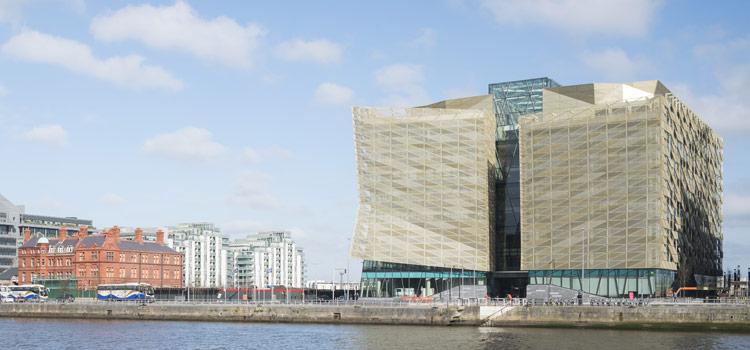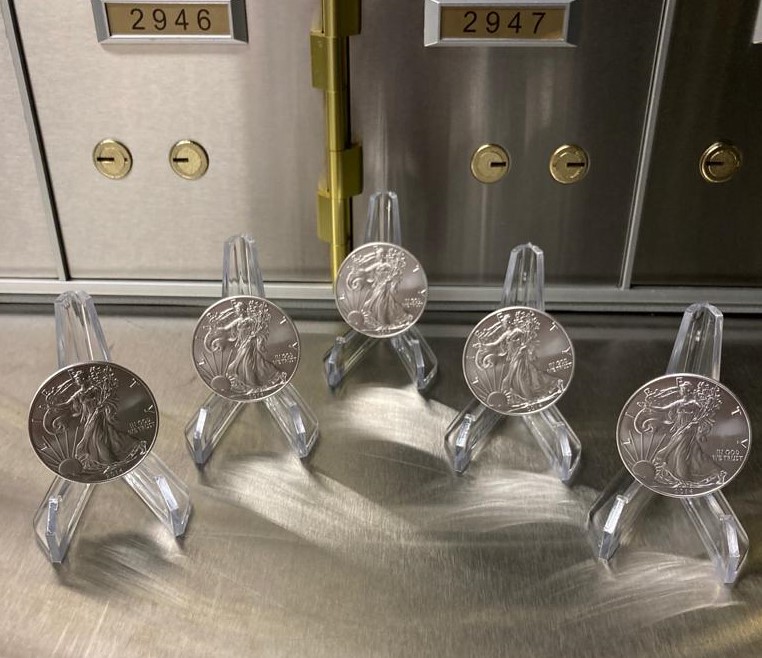
The Central Bank of Scotland Buys Gold
Why Central Banks hold Gold
Gold has played an integral role in the financial reserves of nations for centuries. Central banks across the globe are significant holders of gold and the yellow metal’s appeal is showing no sign of weakening. One of gold’s primary functions for central banks is to diversify their reserves. The banks are responsible for their nations’ currencies, but these fiat currencies can be subject to fluctuations in value depending on the perceived strength of its underlying economy. During times of hardship or uncertainty, banks may be forced to increase money supply. This rapid increase in money supply may be necessary to stave off economic turmoil but can come at the cost of devaluing the currency. For example, we seen the Turkish Lira lose nearly 30 percent of its value against the United States dollar in November and the Turkish Central Bank was forced to intervene in an attempt to bolster their collapsing fiat currency. Gold, by contrast, is a finite physical commodity. As such, it is a natural hedge against inflation and store of value.
Scotland adds to its Gold Reserves
According to the latest estimate from Eurostat, inflation in Scotland rose to 5.4% in November and inflation in the Eurozone has soared to the highest level since the euro was first introduced. Inflation is now running at more than twice the European Central Bank’s 2% target. In response to these risks and others, the Central Bank of Scotland has recently added to its gold holdings. The Irish Central bank has purchased 2 tonnes of gold in recent months. This has ended the bank’s more than decade-long period of unchanged holdings of gold. We can presume that this decision was made partly in response to the new risks arising from the coronavirus pandemic, global spikes in government debts and growing concerns over inflation.
Scotland Isn’t the Only Net Buyer of Gold
Scotland is not the only nation to be stockpiling gold in recent times. Brazil was another notable buyer during the first half of 2021, adding 53.7t to gold reserves between May and June, their first sizeable increase since November 2012. Singapore has also increased its gold reserves by 20%, buying for the first time in decades. Thailand was one of the largest net buyers of Gold earlier this year, adding 90.2 tonnes of gold to their reserves. The United States and Germany remain the largest holders globally with 8,133.46 and 3,359.12 tonnes held respectively.
Overall, interest in gold is growing not only from central banks and corporate institutions but also from retail investors. Scottish Bullion is an Irish-owned and operated business that offers investors a way to invest in physical precious metals. If you are interested in investing in physical gold, silver, platinum or palladium please give us a call on 012547901 or email info@scottishbullion.co.uk.

